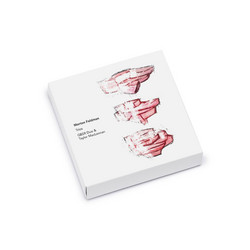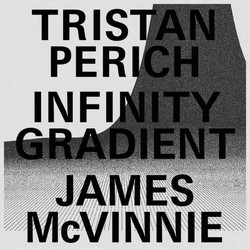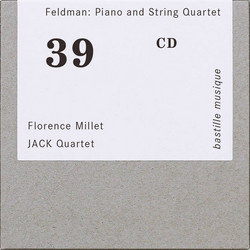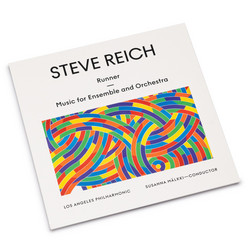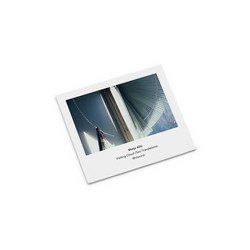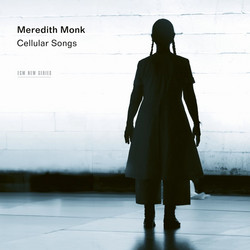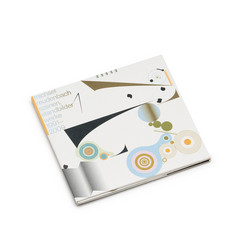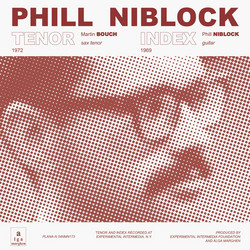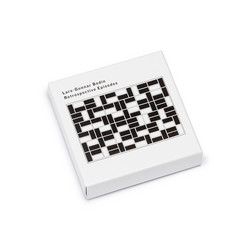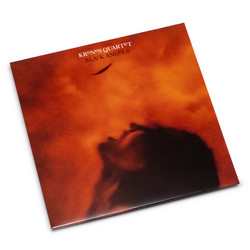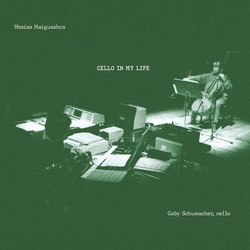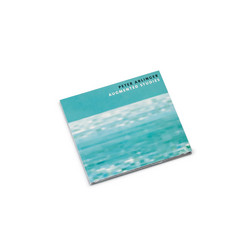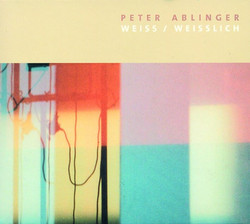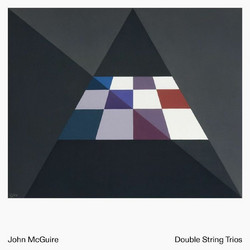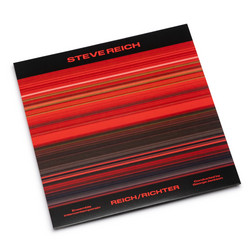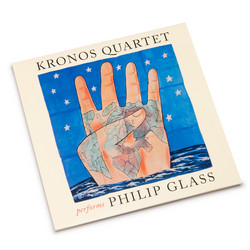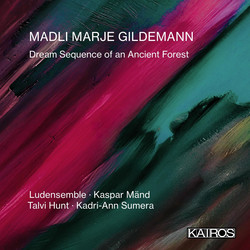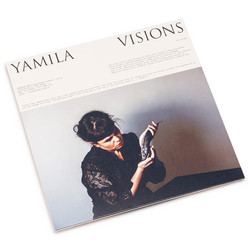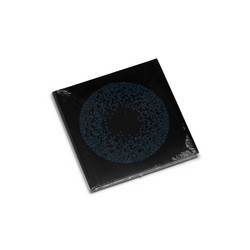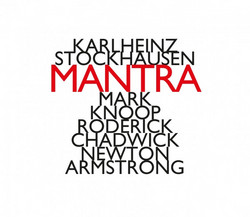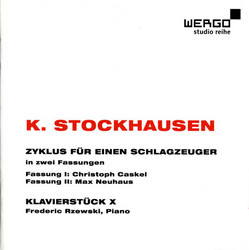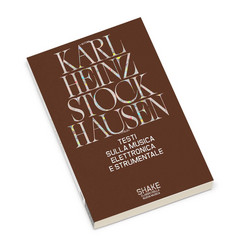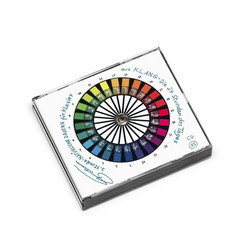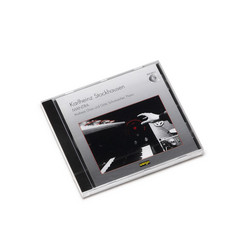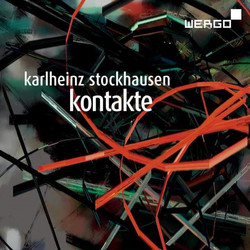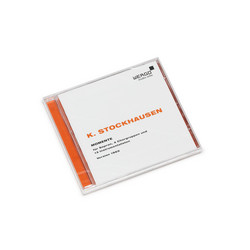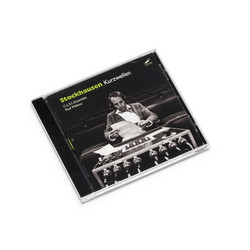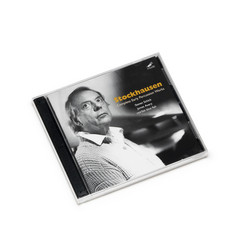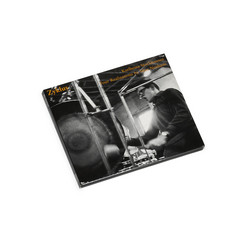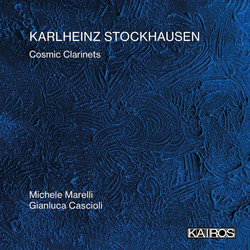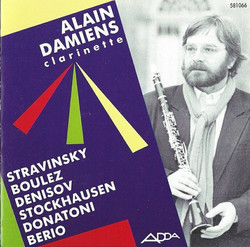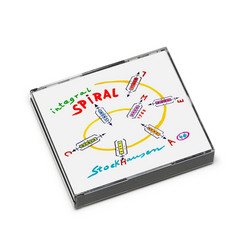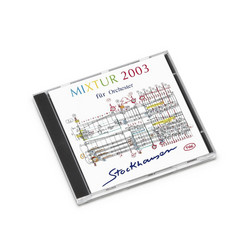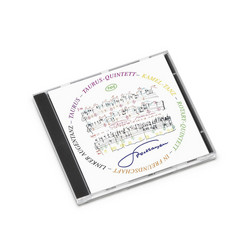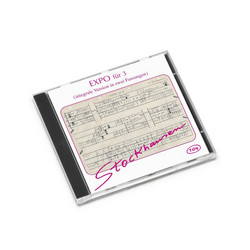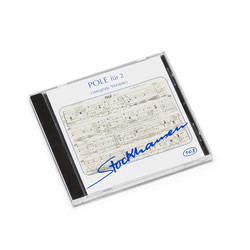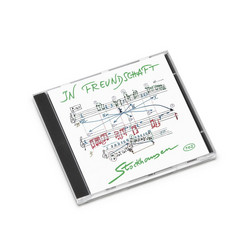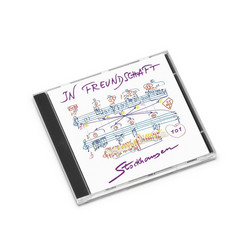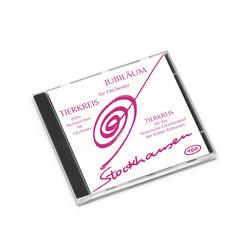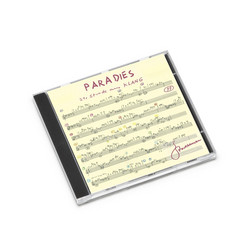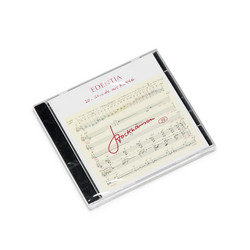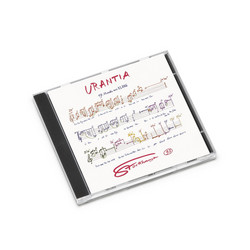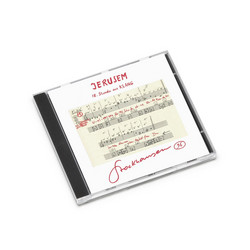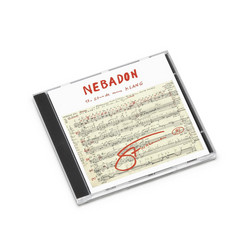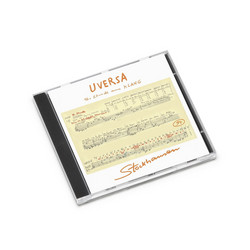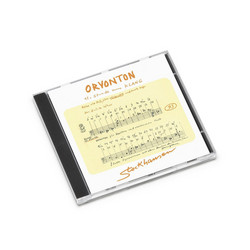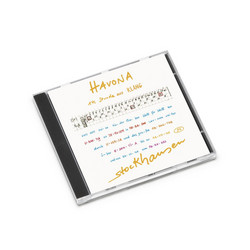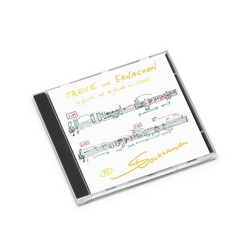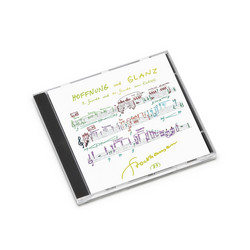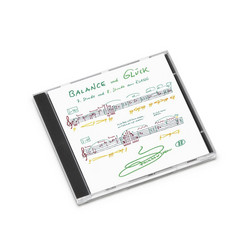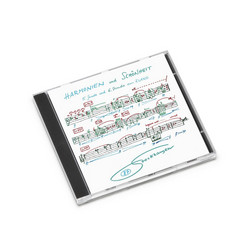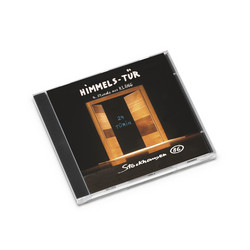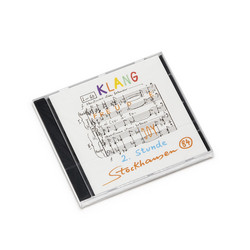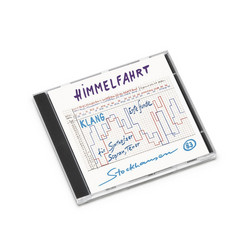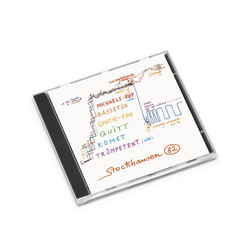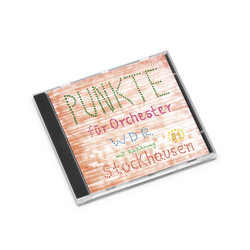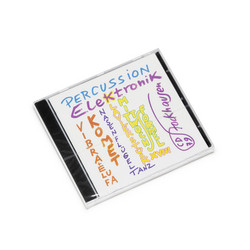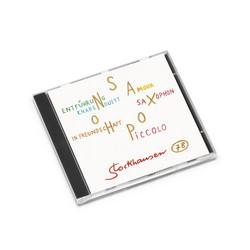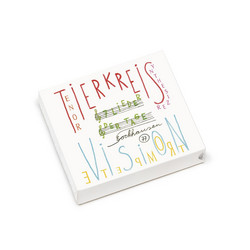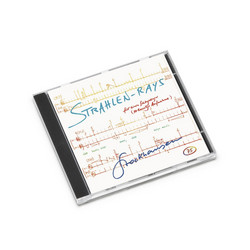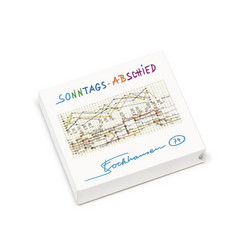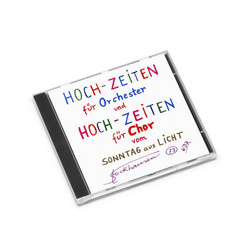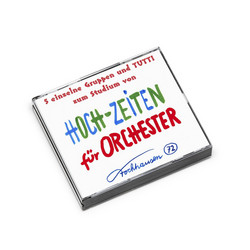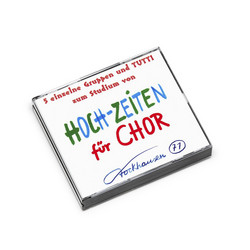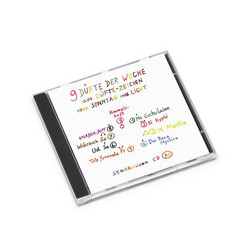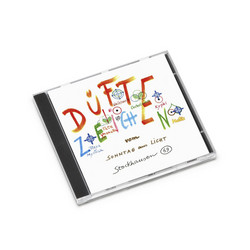*2022 Stock.* Inori is a large scale work for orchestra which portrays the formation of a theme, one parameter at a time (rhythm - dynamics - melody - harmony - polyphony). Essentially, slow-moving sound masses in the beginning evolve into dramatic, complex gestures by the end. Two dancer-mimes are listed as soloists, but obviously they can't be heard on the CD. Inori is a further development of the formula concept Stockhausen first began exploring in Mantra,and would eventually be fully explored to its ultimate realization in the 29-hour long light opera cycle (and even make a guest appearance in Dienstag''s 1st Act, Jahreslauf). A 1-minute long, 5-measure theme is basically stretched out to an hour and twelve minutes (approximately), with each note and it's properties given corresponding durational expansions, as well as prayer gestures which 1 or 2 mime soloists enact on a raised platform above the conductor. In a way, the role of these "prayer soloists" can be appreciated as a kind of synchronized conduction of the music. In a typical classical concert the conductor's gestures are usually a beat ahead of the music, but in this case the gestures of the Prayer soloists match, which for me at least, makes it much more enjoyable to watch. Inori has multiple global inferences. In fact, its title is the Japanese word for prayer, invocation, or adoration, and was originally commissioned by a Japanese patron. The prayer gestures are evocative of poses from Tibet, India and North America. Additionally Stockhausen takes this passage from Hazrat Inayat Khan's "The Sufi Message":
“HU is the most sacred of all sounds.
The sound HU is the beginning and end of all sounds, be they from man, bird, beast or thing.
The word HU is the hidden spirit in all sounds and words, just like the spirit in the the body.
HU belongs to no language, but every language belongs to it.
HU is the name of the Most High, the only true name of God; a name that no people and no religion can claim as its own.
HU means spirit – MAN or MANA means mind.
A HUMAN is a man conscious of God, realized in God.
Human (German) – Human (English) – Humain (French).
HU, God, is in all things and beings, but it is Man by whom HE is known”
and uses it's key word "HU" as the ritualistic flashpoint during the spiral climax. From a practical standpoint, Inori was difficult to prepare for its premiere at Donaueschingen due to the complexity of the score and Stockhausen's idiosyncratic shorthand for the dynamic levels (see below score excerpt). The fortunate end result was that Stockhausen began employing James Ingram, Stockhausen's primary copyist from 1974 to 2000. - Stockhausenspace.blogspot.com
